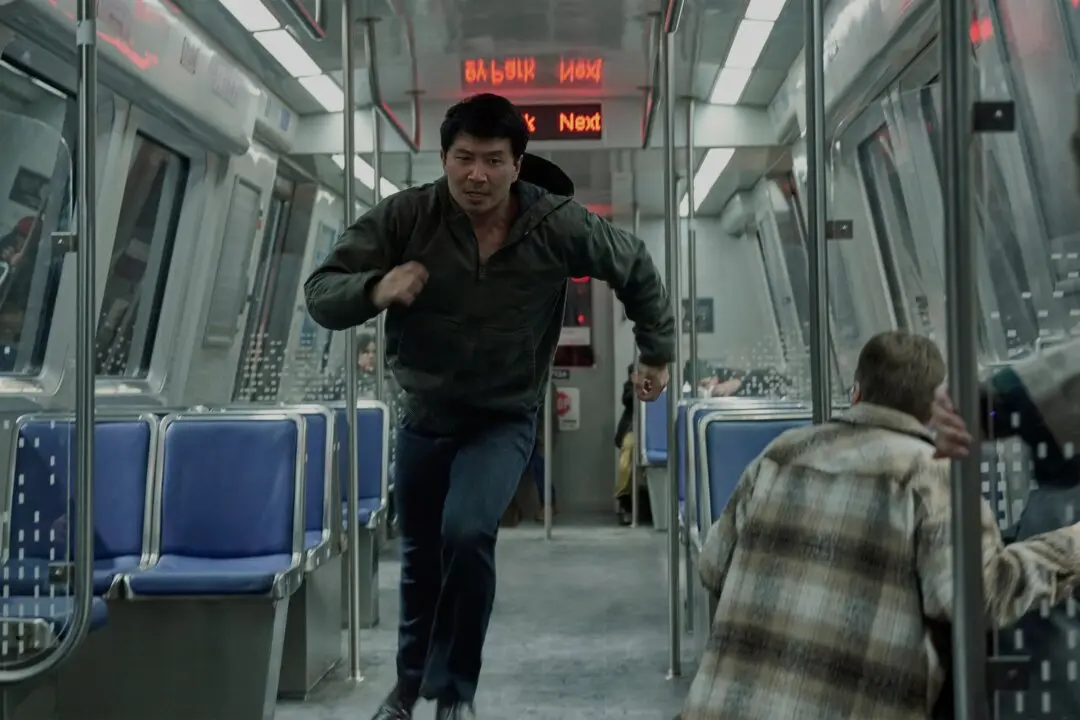Mikhail Sergeyevich Gorbachev, the final functional leader of the Soviet Union (as President and General Secretary of the Communist Party), now resembles a sad, solitary character from a Tolstoy novella. He was once one of the two most powerful men in the world, but his sunset years have mostly been spent isolated in his dacha.
History has passed him by and his beloved Raisa Maximovna passed away well over 20 years ago. Yet, nobody can deny he profoundly altered the course of Russian history. Vitaly Mansky, the Ukrainian-born Russian documentarian now based in Riga, invited the former General Secretary to take stock of his complicated legacy in the documentary “Gorbachev.Heaven,” which premiereed on Friday, Jan. 28 on OVID.tv, the independent film streaming service.




